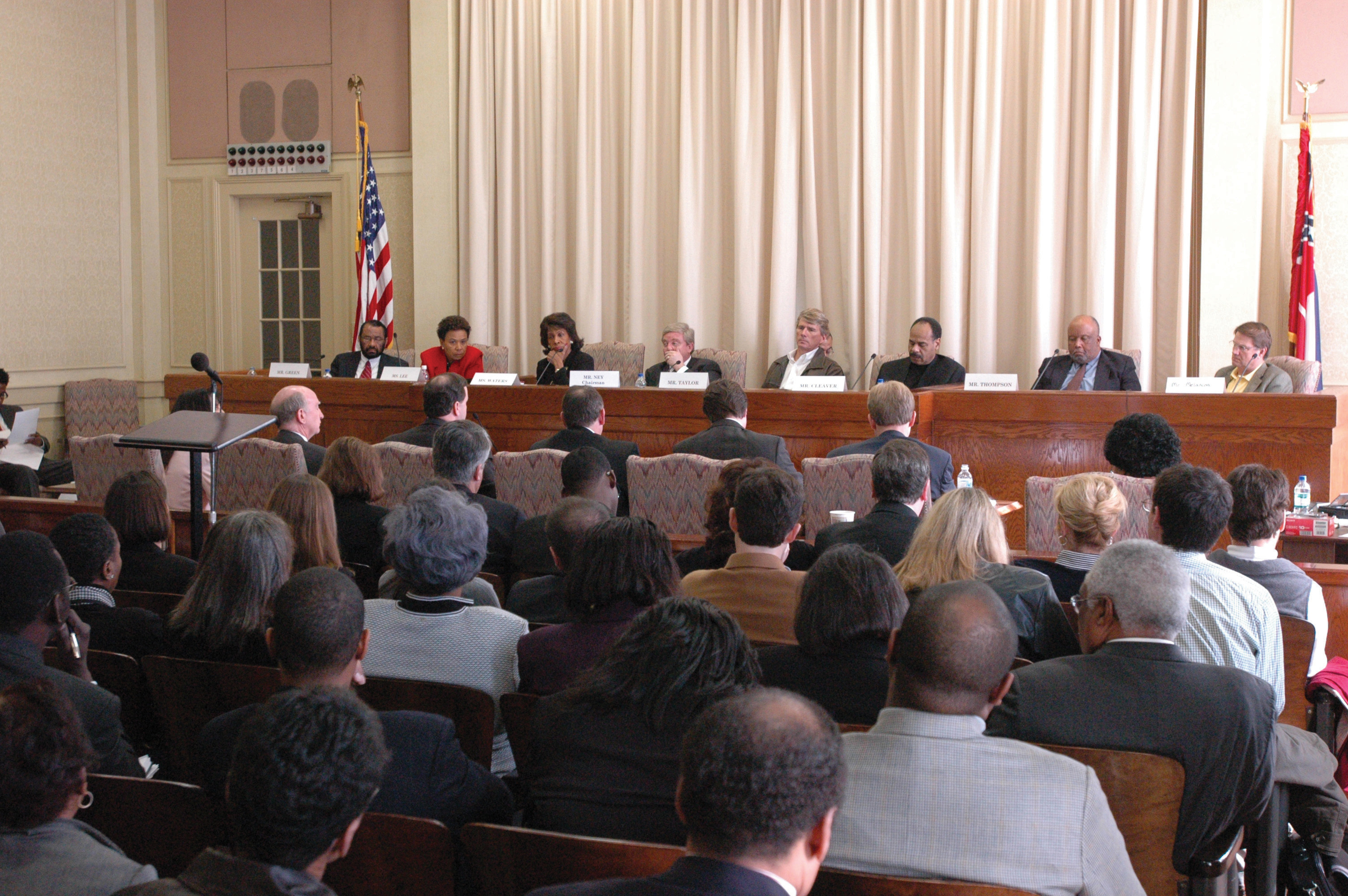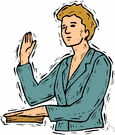

the hearing involves the admissibility of a confession or evidence seized as a result of a search and seizure.The court must conduct any hearing on a preliminary question so that the jury cannot hear it if: Concluding a Hearing So That the Jury Cannot Hear It.The court may admit the proposed evidence on the condition that the proof be introduced later. When the relevance of evidence depends on whether a fact exists, proof must be introduced sufficient to support a finding that the fact does exist. In so deciding, the court is not bound by evidence rules, except those on privilege. The court must decide any preliminary question about whether a witness is qualified, a privilege exists, or evidence is admissible.
A LAY WITNESS MAY TESTIFY ABOUT TRIAL
Generally, a motion in limine should not be filed (or granted) until the trial court has been given adequate context, and the evidence is sufficient to permit the trial court to make an informed ruling. For example, a motion that simply asks the trial court to prohibit the adverse party from presenting hearsay evidence or mentioning insurance at trial is a waste of judicial resources. Boilerplate, generalized objections in motions in limine are inadequate and tantamount to not making any objection at all and will not preserve error. Motions in limine on legal issues presented in a vacuum are often frivolous. Rule 103(b) is a new provision that was taken verbatim from Federal Rule 103(b).

The revised provisions have merely incorporated stylistic changes, which were taken verbatim from the federal rule. Rule 103(a), (c), (d), and (e) are substantively the same as the current state version of the rule. A court may take notice of a plain error affecting a substantial right, even if the claim of error was not properly preserved. To the extent practicable, the court must conduct a jury trial so that inadmissible evidence is not suggested to the jury by any means.


The revised rule is substantively the same as the current state rule and the changes are merely stylistic. Rule 102 is taken verbatim from its federal counterpart, with the exception of the term "shall" instead of "should" in the first sentence. These rules shall be construed so as to administer every proceeding fairly, eliminate unjustifiable expense and delay, and promote the development of evidence law, to the end of ascertaining the truth and securing a just determination. Rule 101(b) has been patterned after the federal rule with minor changes in order to make it state-specific. Rule 101(a) is substantially the existing state rule with only stylistic changes. a reference to any kind of written material or any other medium includes electronically stored information.a "rule prescribed by the Supreme Court of Appeals of West Virginia" means a rule adopted by the Supreme Court of Appeals of West Virginia under constitutional, statutory, or inherent rulemaking authority and."record" includes a memorandum, report, or data compilation."public office" includes a public agency."criminal case" includes a criminal proceeding."civil case" means a civil action or proceeding.Rules of evidence set forth in any West Virginia statute not in conflict with any of these rules or any other rules adopted by the Supreme Court of Appeals shall be deemed to be in effect until superseded by rule or decision of the Supreme Court of Appeals of West Virginia. These rules apply to proceedings in the courts of this State to the extent and with the exceptions stated in Rule 1101. CONTENTS OF WRITINGS RECORDINGS & PHOTOGRAPHSĪRTICLE I.Approved Revisions effective SeptemOrder Table of Contents


 0 kommentar(er)
0 kommentar(er)
